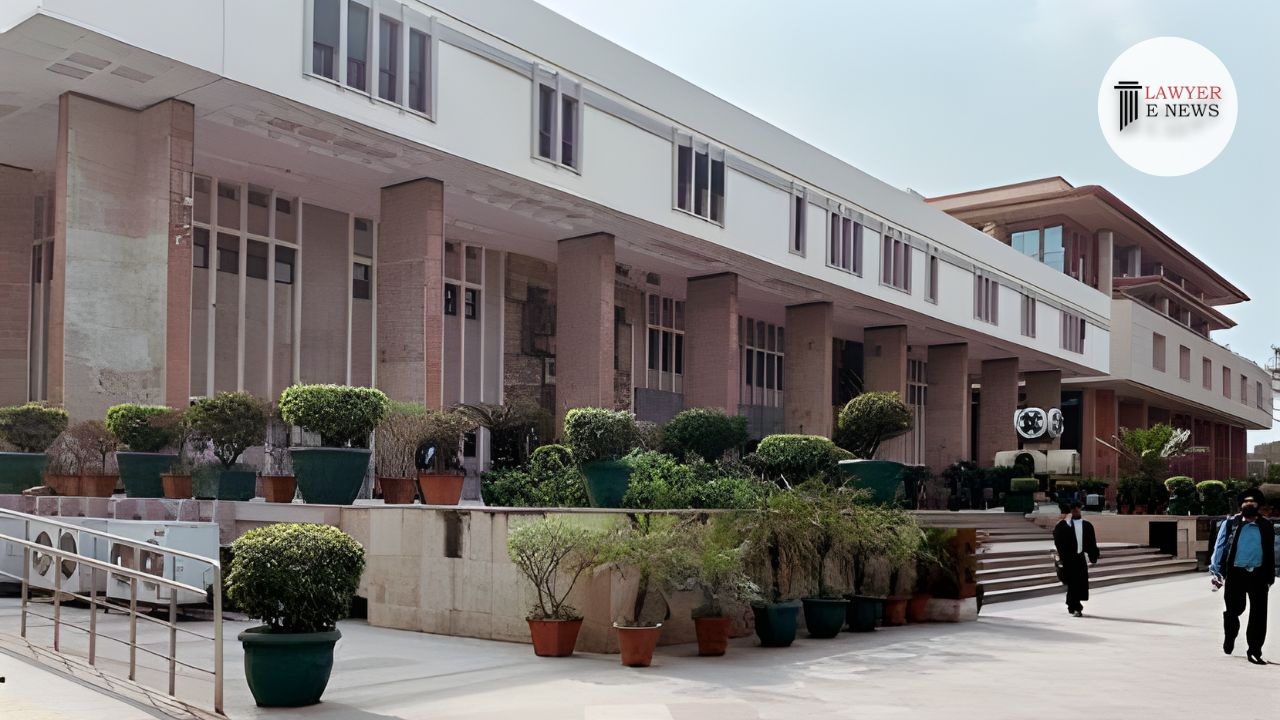-
by sayum
14 February 2026 2:22 PM



The High Court of Delhi, in a significant ruling, has set aside an order of the Income Tax Settlement Commission (ITSC) on grounds of lack of jurisdiction, stemming from the failure of the respondent-assessee group to make a full and true disclosure of income.
The court examined the statutory requirement of “full and true disclosure” under Section 245C of the Income Tax Act, 1961, and its implications on the jurisdiction of the ITSC. The judgment emphasized that without a complete and honest disclosure, the ITSC lacks jurisdiction to entertain an application or provide immunity from prosecution and penalties.
The respondent-assessee group, engaged in real estate, was subjected to a search operation. They later filed applications for settlement under Section 245C, disclosing additional income. The ITSC, in its order dated June 9, 2014, accepted the applications despite the Revenue contesting the adequacy of disclosure. This led the Revenue to challenge the ITSC’s order.
The court meticulously dissected the issue, referring to legislative provisions and numerous precedents. Key observations included:
Jurisdiction of ITSC: The ITSC can only consider applications under Section 245C that include full and true disclosure of income. Any lack of such disclosure deprives ITSC of jurisdiction.
Foundation of Settlement Applications: Full, true, and honest disclosure of income and its source is fundamental. Inadequate disclosure renders ITSC’s order legally unsustainable.
ITSC’s Error in Law: Acknowledging that the respondent-assessee group failed to fully disclose income, the ITSC erred in law by approving the application and granting immunity.
Impermissibility of Application Revision: Chapter XIX-A of the Act does not allow for revision or amendment of an application under Section 245C, affirming the importance of initial full disclosure.
The Delhi High Court set aside the ITSC order dated June 9, 2014, due to the lack of full and true disclosure by the respondent-assessee group, thus allowing the writ petition filed by the Revenue.
Date of Decision: April 10, 2024
COMMISSIONER OF INCOME TAX (CENTRAL) 2, DELHI vs. PANKAJ BUILDWELL LTD. & GROUP
